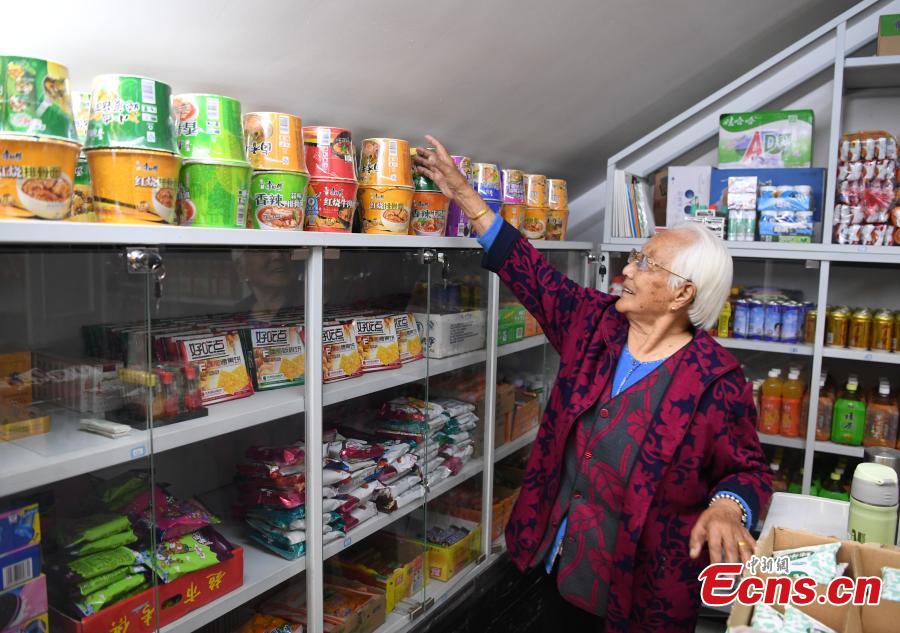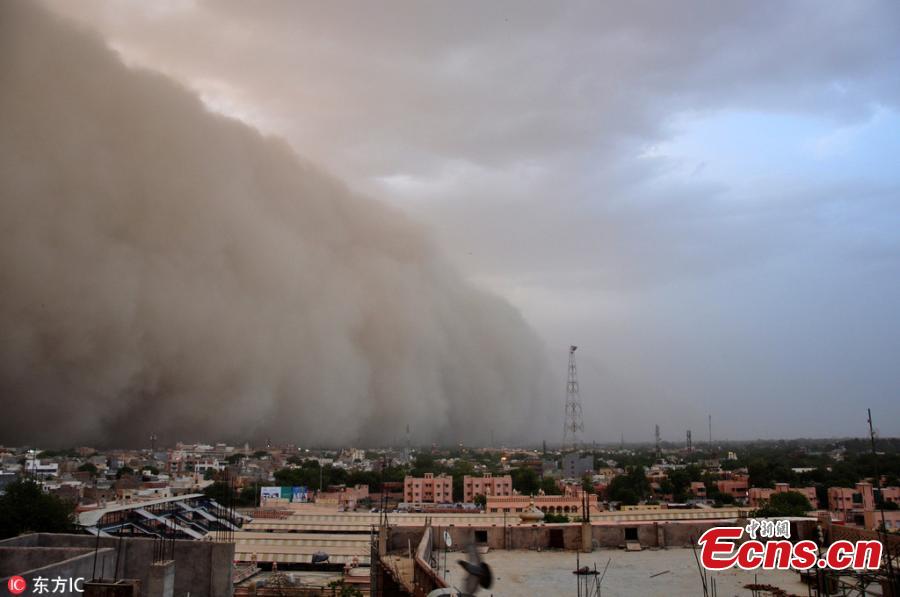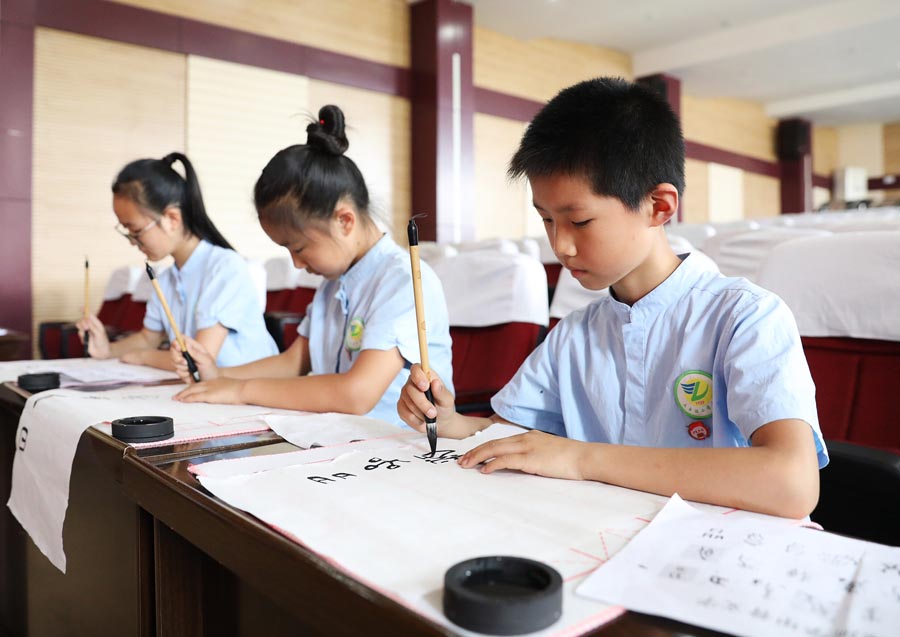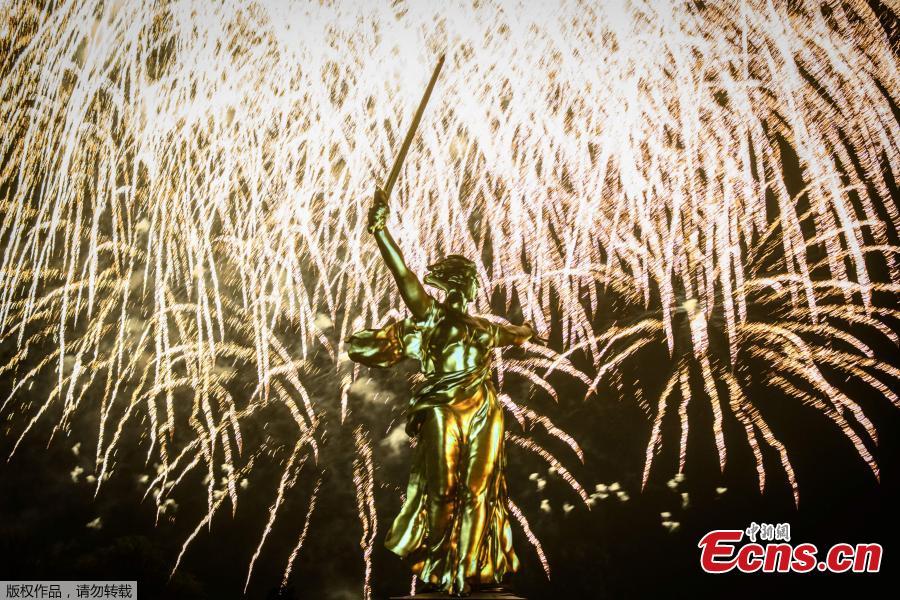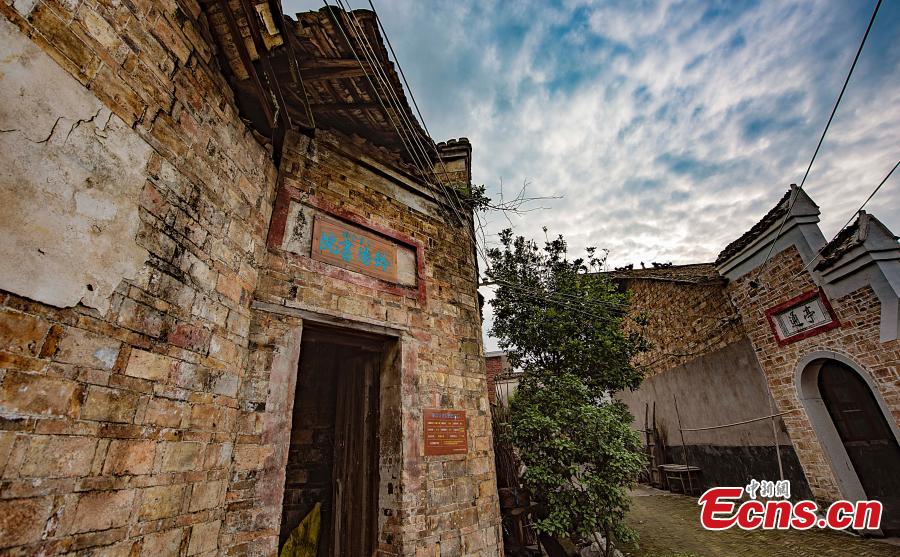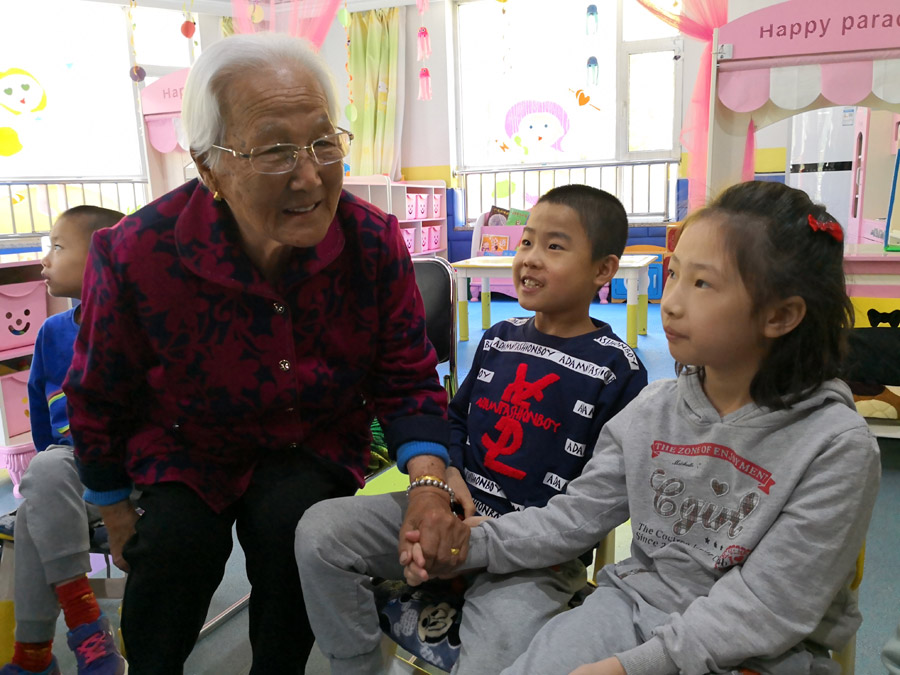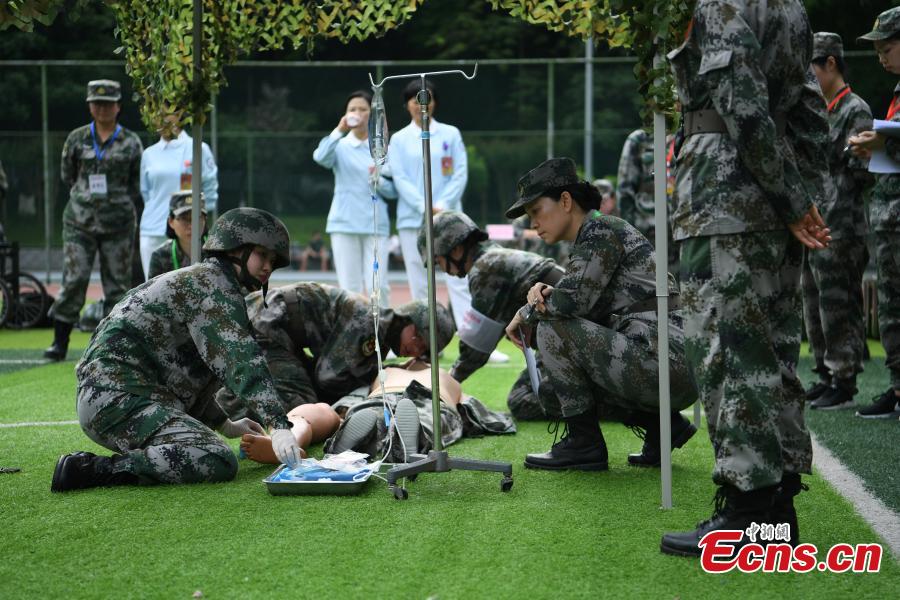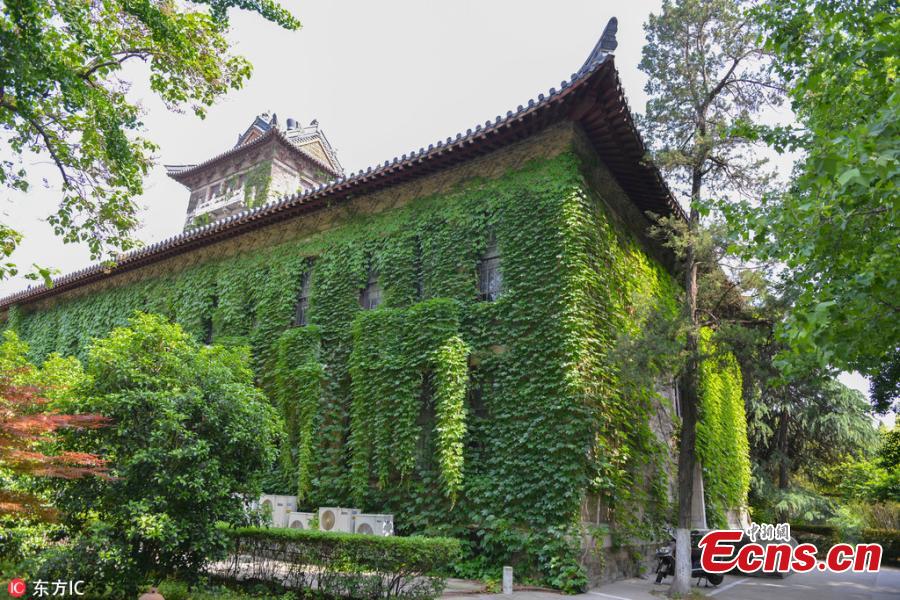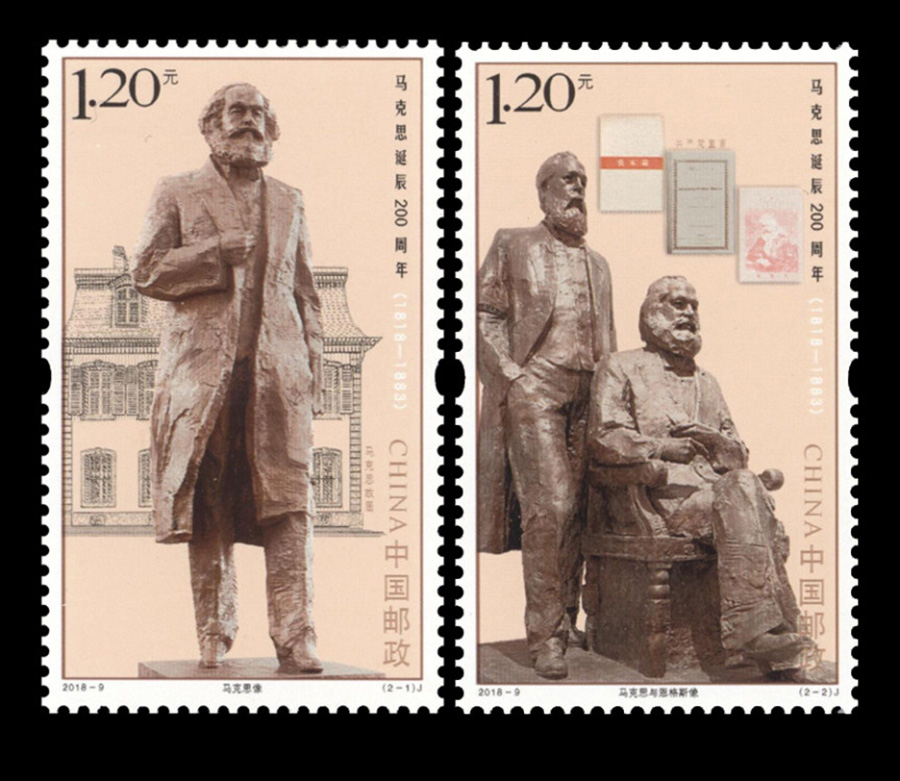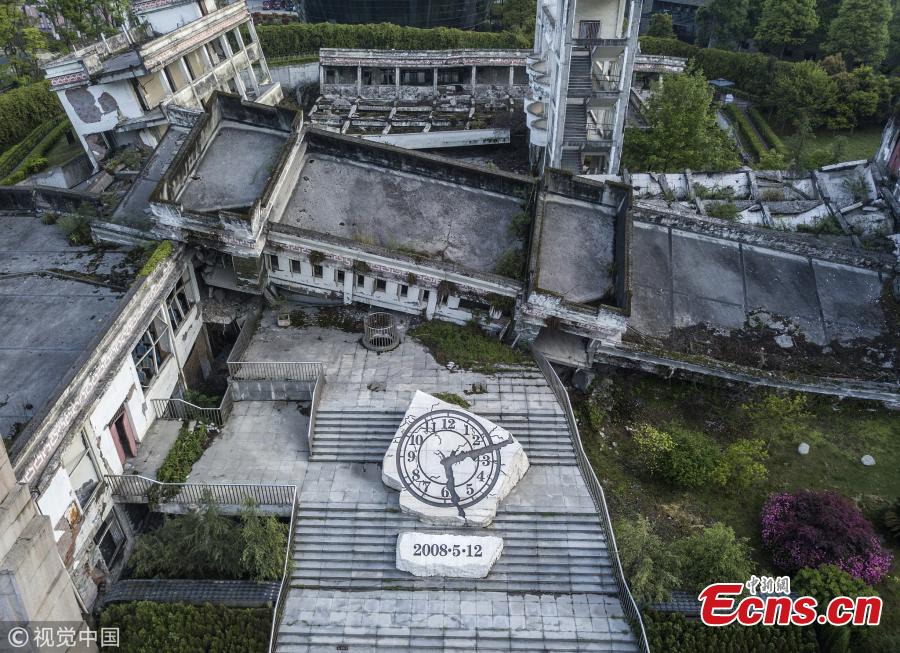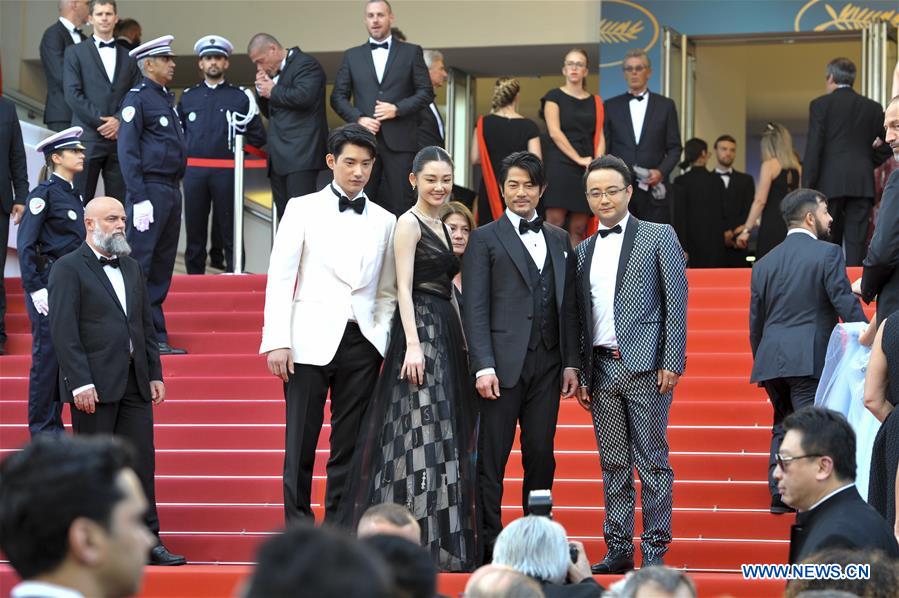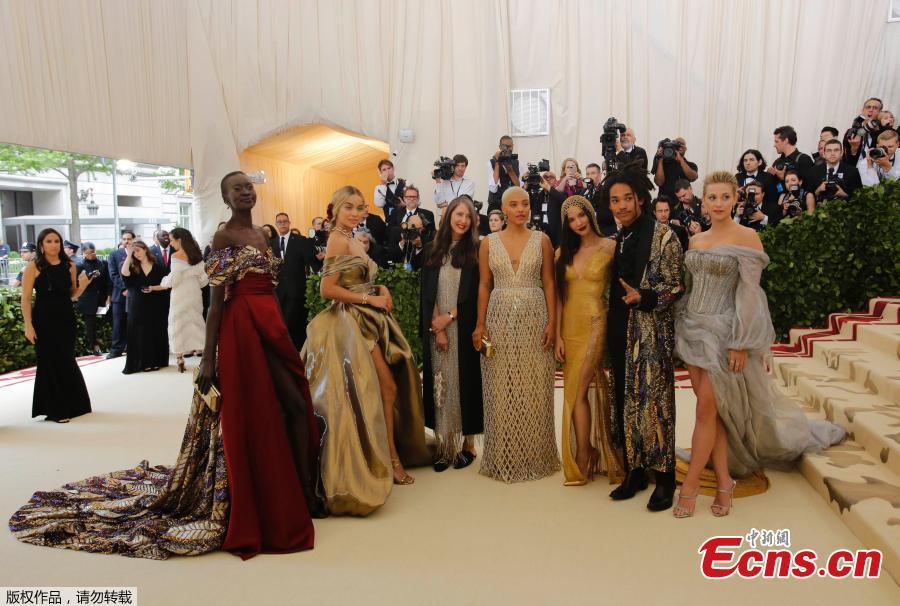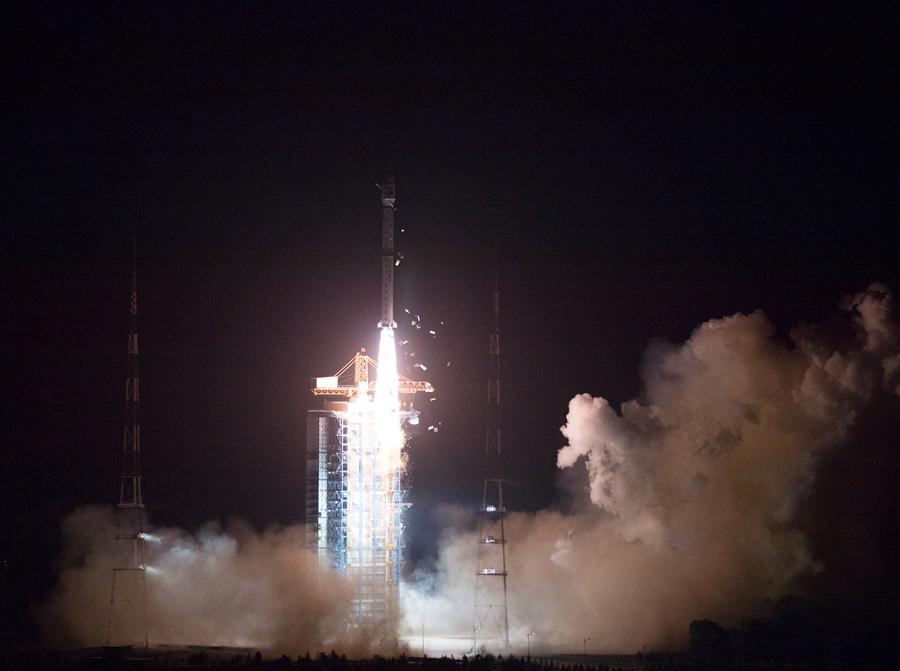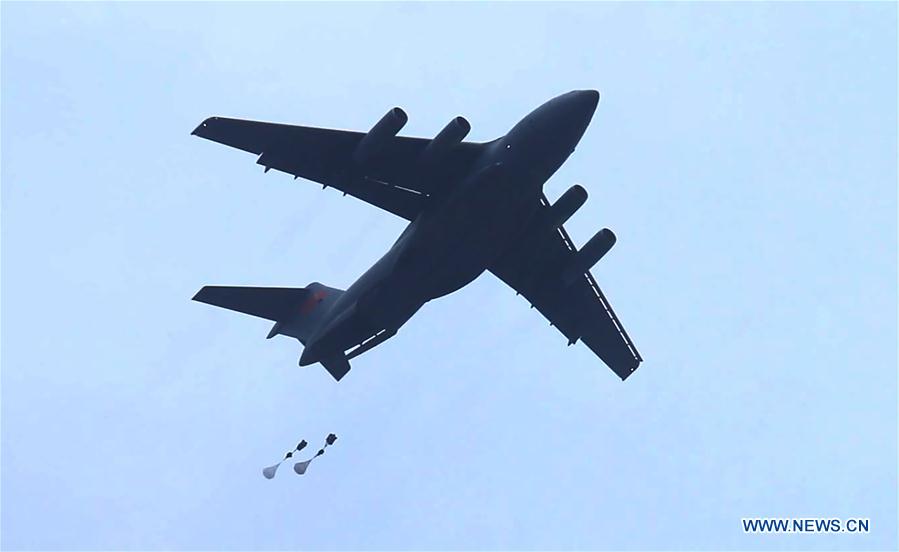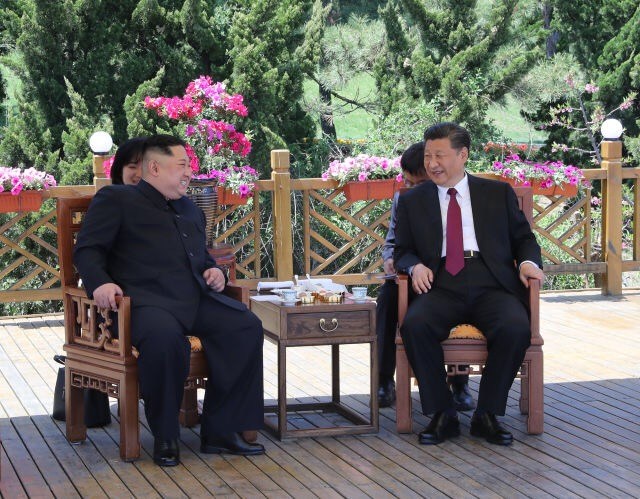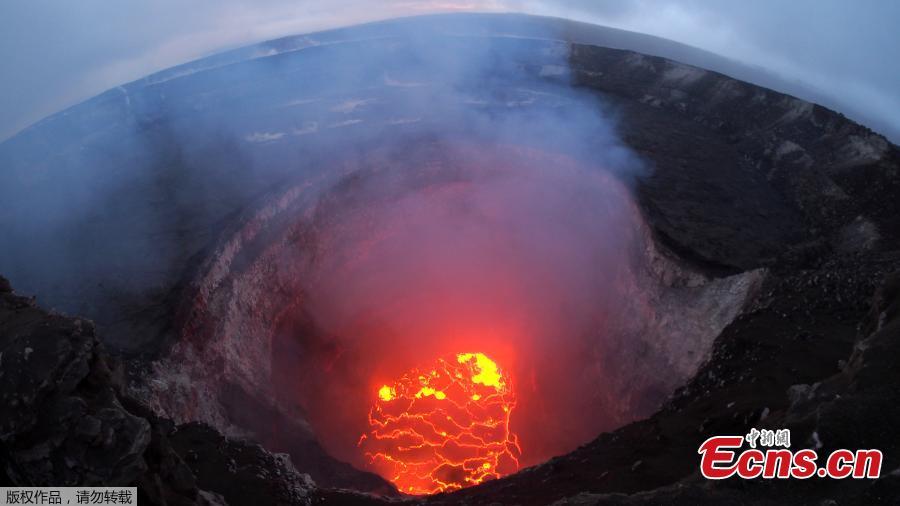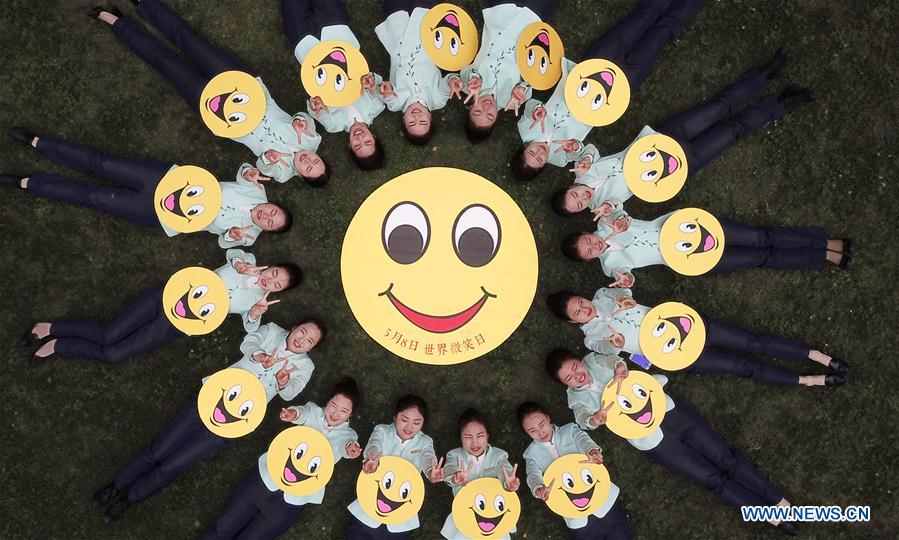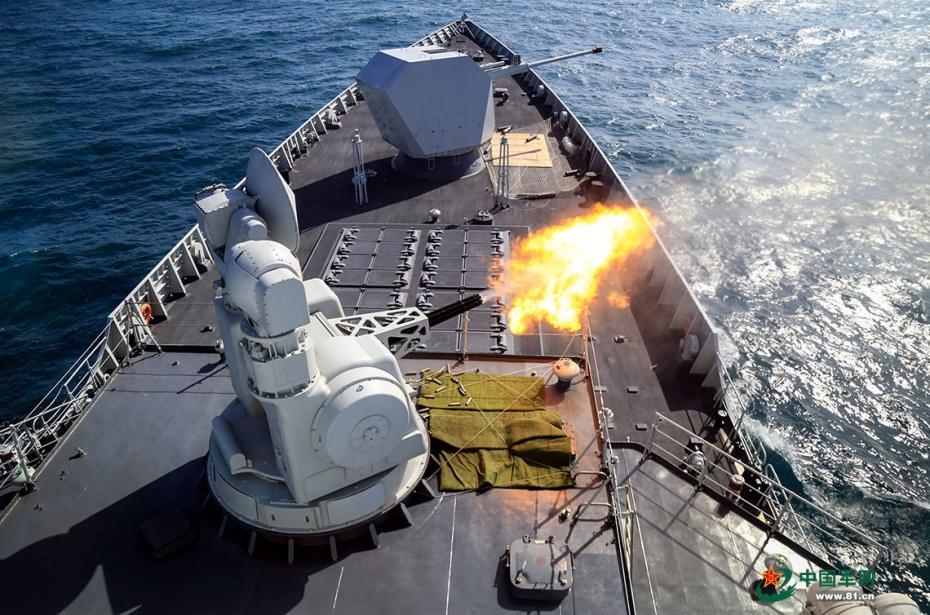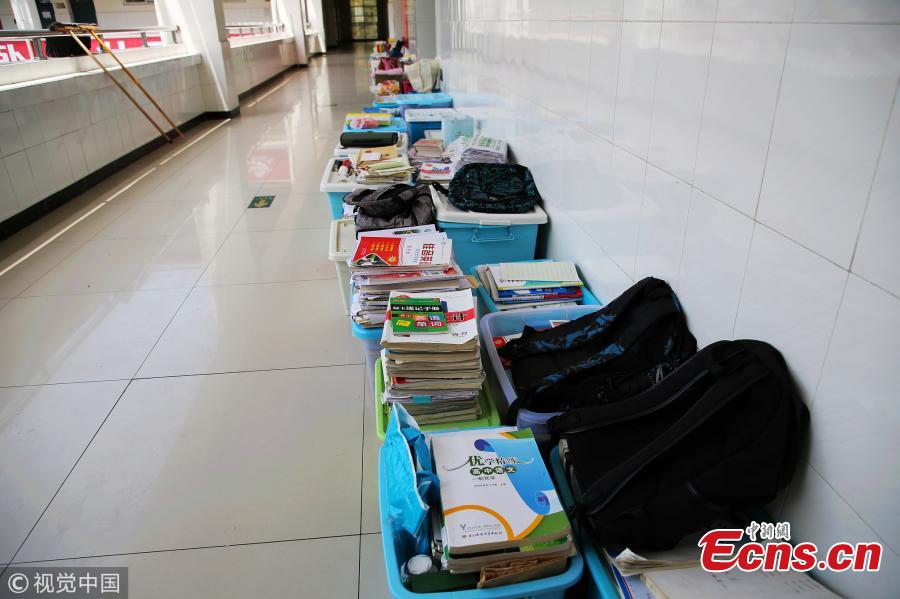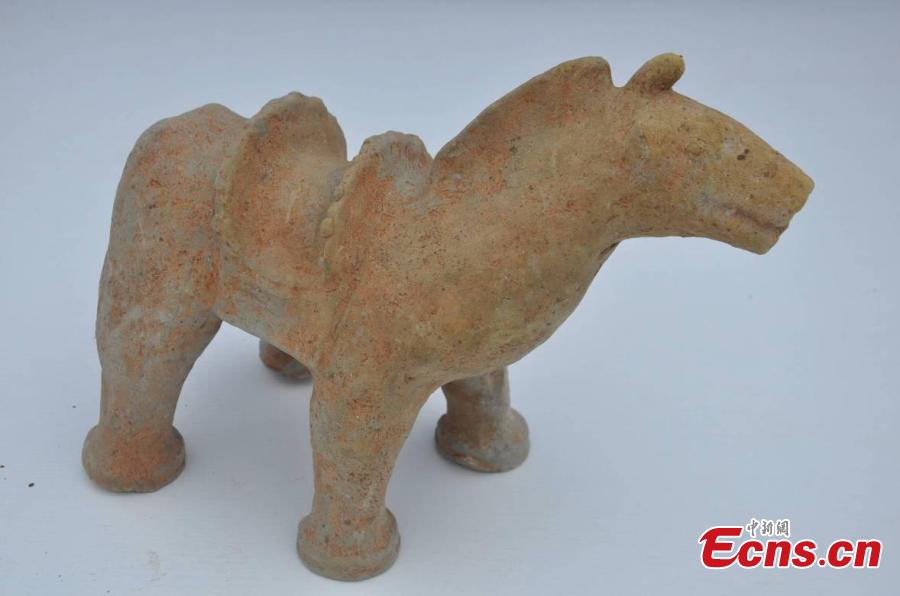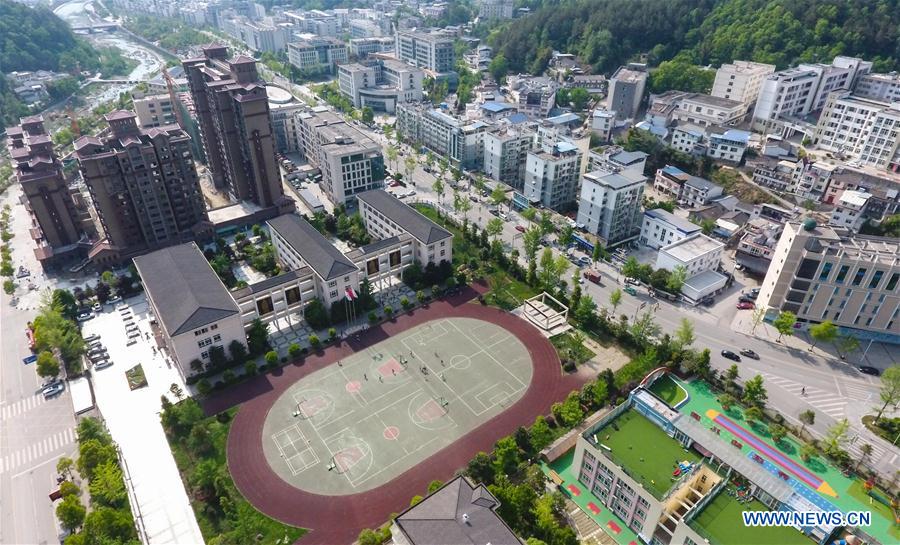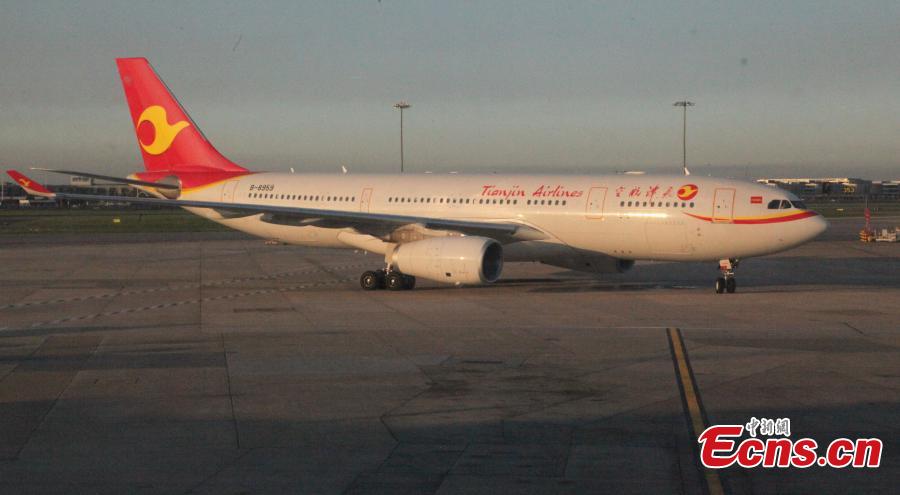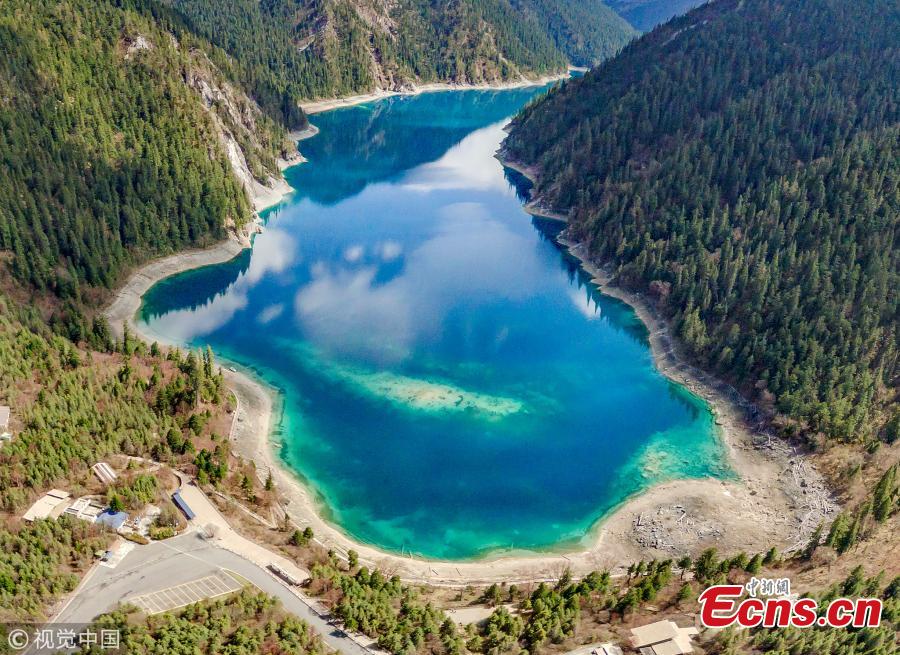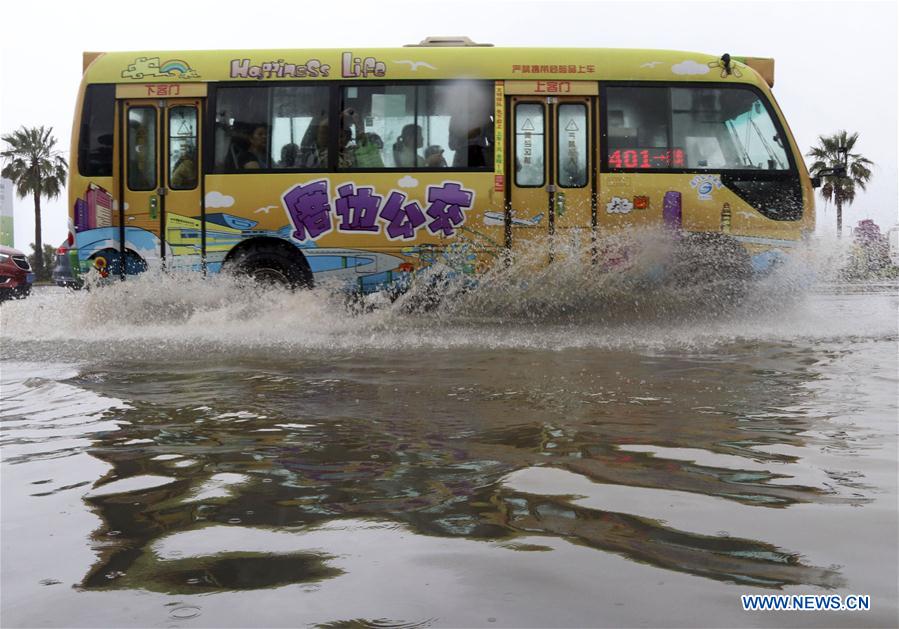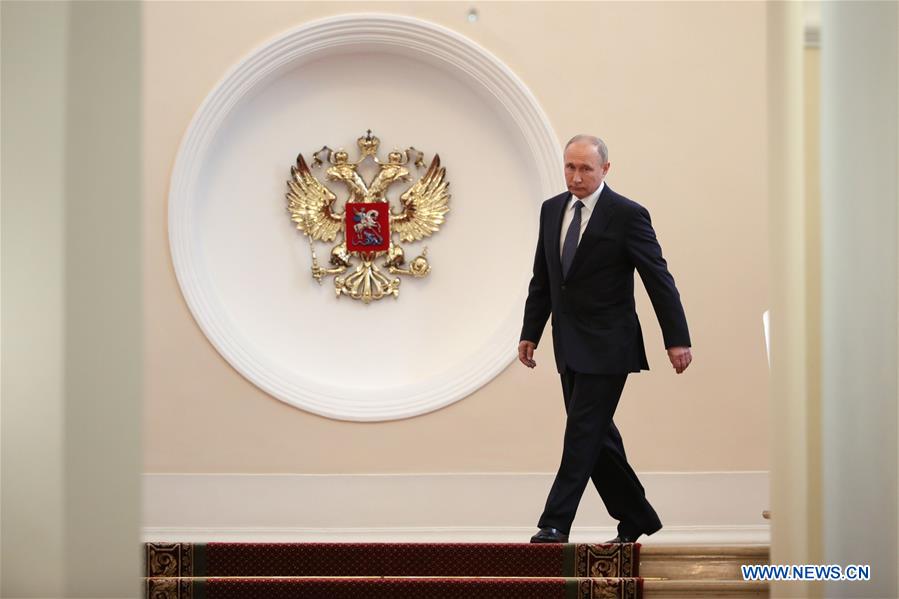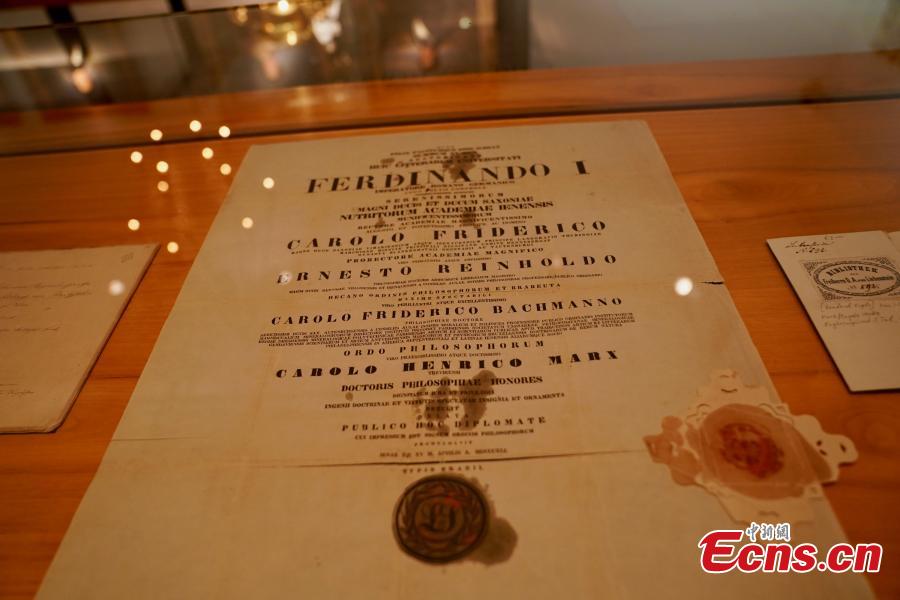U.S. President Donald Trump did not quite surprise the world with his announcement to withdraw from the historic Iran nuclear deal. Besides giving a cold shoulder to such a unilateral move, most nations and regional blocs are now worried about the negative influence his decision could have on peace and denuclearization prospects in the war-torn Middle East.
SCRAPPING THE DEAL
In a televised speech at the White House, Trump announced the fallout, adding that he will not sign the waiver of nuke-related sanctions against Iran.
Rather, he vowed to re-impose sanctions lifted under the accord against Tehran and inflict punishments like secondary sanctions on nations that have business links with Tehran.
Trump repeated his rhetoric against Iran and the deal, or the Joint Comprehensive Plan of Action (JCPOA), saying it had failed to prevent Iran from developing missiles and nuclear weapons and supporting terrorism in the region.
The United States will impose "the highest level" of economic sanctions on Tehran, said Trump, adding that "any nation that helps Iran in its quest for nuclear weapons could also be strongly sanctioned by the United States."
Later, the White House announced that Trump had "directed his administration to immediately begin the process of re-imposing sanctions related to the JCPOA," and "the re-imposed sanctions will target critical sectors of Iran's economy, such as its energy, petrochemical, and financial sectors."
"Those doing business in Iran will be provided a period of time to allow them to wind down operations in or business involving Iran," it added. "Those who fail to wind down such activities with Iran by the end of the period will risk severe consequences."
U.S. Treasury Secretary Steven Mnuchin also said in an announcement that "sanctions will be reimposed subject to certain 90-day and 180-day wind-down periods. At the conclusion of the wind-down periods, the applicable sanctions will come back into full effect. This includes actions under both our primary and secondary sanctions authorities."
U.S. Secretary of State Mike Pompeo said that Washington will work with allies to find a "real, comprehensive, and lasting" solution to the Iran nuclear issue.
In a press briefing soon after Trump's announcement, U.S. National Security Adviser John Bolton said that "the only sure way to get on the path of stopping Iran from developing nuclear weapons and delivery capabilities is to get out of the deal."
The hawkish diplomat added that "the lesson that America learned, painfully, a long time ago ... is we only negotiate from positions of strength. It was a lesson that the last administration did not follow."
Bolton also said that Washington has begun consultations with Europe and other allies on the timeframe for starting a new agreement.
COLD SHOULDERS
Trump's decision was widely anticipated, and international society has so far given a cold shoulder to his move.
European Union (EU) foreign policy chief Federica Mogherini said later that Europe will stand by the nuclear accord with Iran.
"We expect the rest of the international community to continue to preserve it, for the sake of collective security," she said. "I am particularly worried about tonight's announcement of further sanctions."
United Nations (UN) Secretary-General Antonio Guterres on Tuesday voiced "deep concern" over Trump's decision, calling on "other JCPOA participants to abide fully by their respective commitments under the JCPOA and on all other (UN) member states to support this agreement."
France, Germany and Britain regretted the U.S. decision to leave, as French President Emmanuel Macron tweeted on Tuesday that the move would put the nuclear non-proliferation regime at stake.
European Council President Donald Tusk also said that the U.S. move "will meet a united European approach."
The Russian Foreign Ministry said Tuesday that Moscow is deeply disappointed by the U.S. withdrawal and there are no grounds for such a move.
The ministry added that Washington's action undermined international trust, and was once again at adds with the opinion of most countries.
Turkey's Foreign Ministry said on Tuesday that Washington's decision was "an unfortunate step."
The JCPOA was an important step to prevent proliferation, the ministry said in a written statement. "Turkey has always defended the stance that Iran's nuclear program should be resolved through diplomacy and negotiations and has made intensive efforts in this direction."









